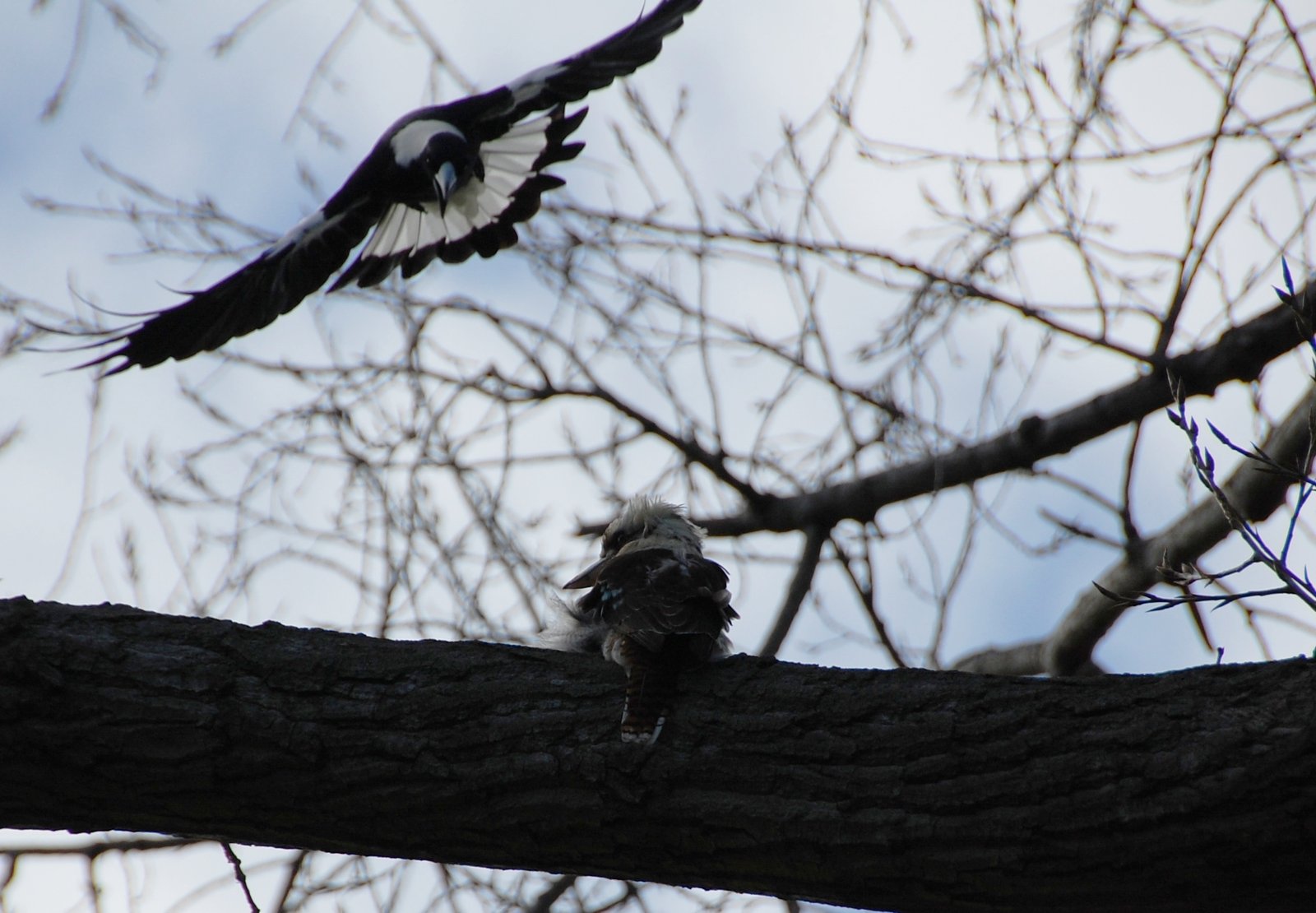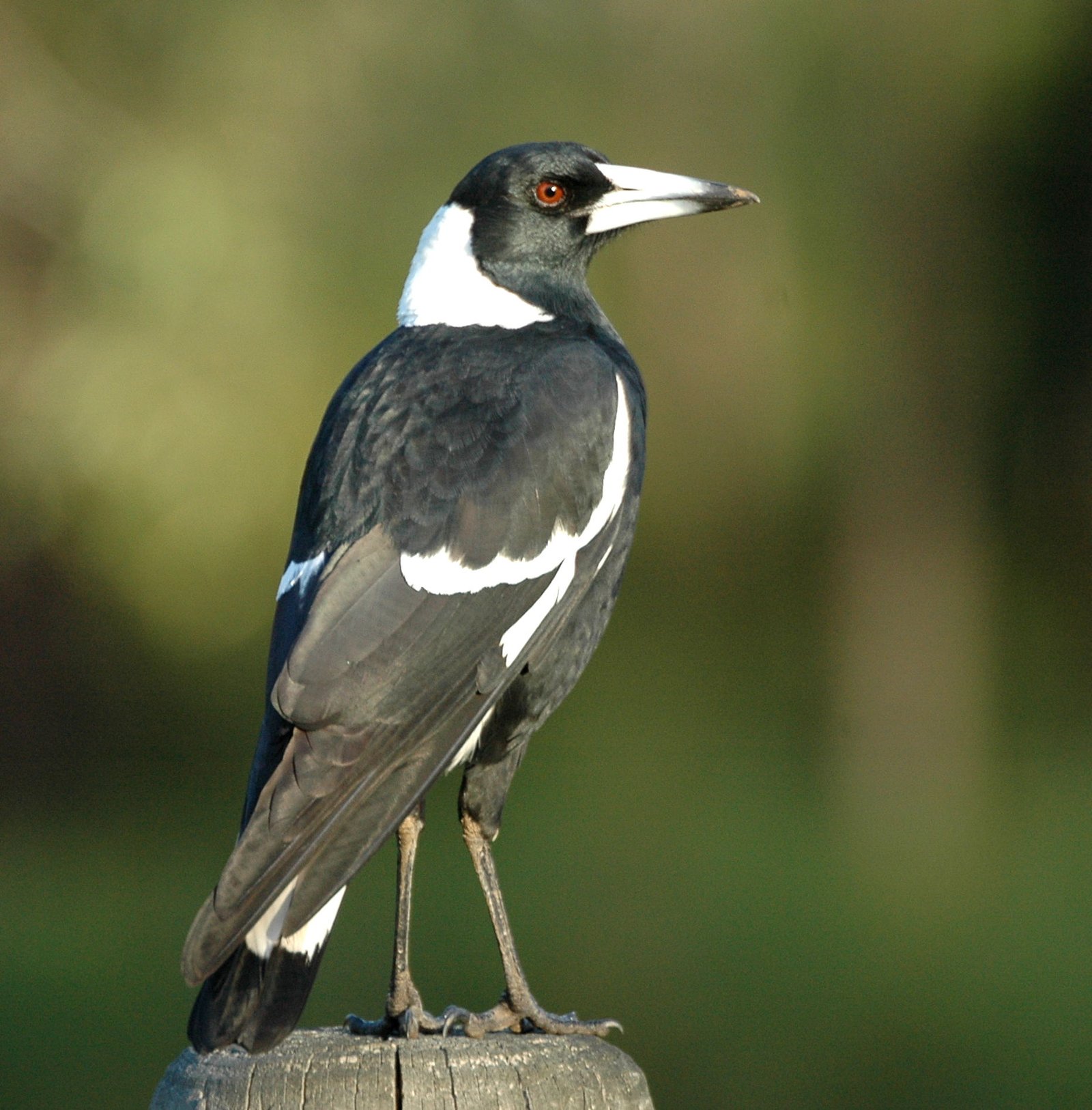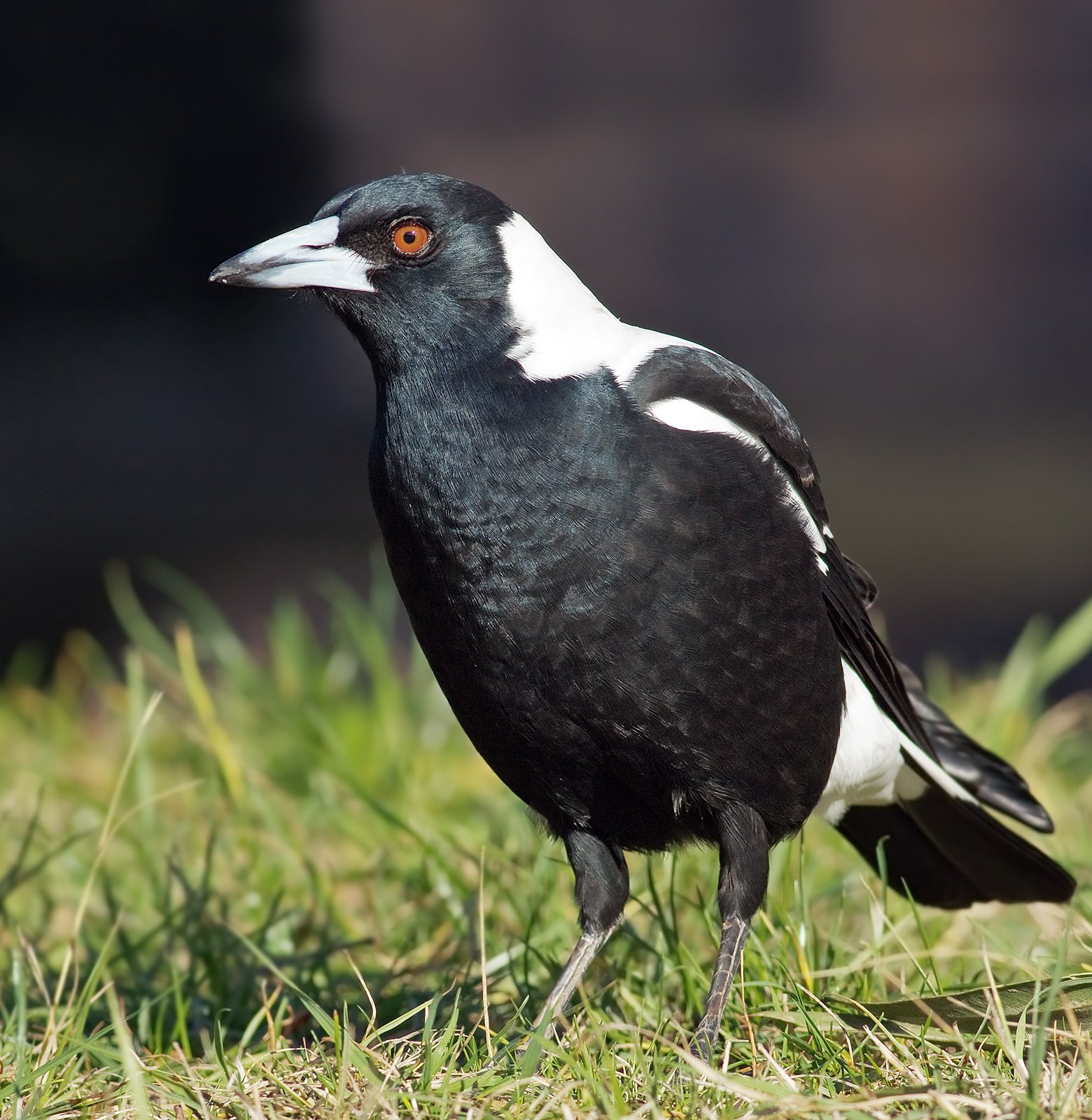Have you ever locked eyes with an Australian magpie and felt like it was sizing you up, perhaps remembering something you did last spring? There’s something mysteriously intelligent, almost calculating, about these birds. In Australia, magpies are not just another black-and-white bird pecking at your lawn—they’re local legends, widely adored and feared, and even the subject of viral videos and heated debates. Their reputation is a rollercoaster: they compose beautiful melodies, fiercely defend their turf, and seem to hold grudges that last far longer than you’d imagine possible from a feathered creature. It’s both thrilling and hilarious to realize that the magpie next door might remember the time you wore a funny hat—or that it once swooped you for months and now greets you with a nod. What makes these birds so clever, so vindictive, and, yes, just a little bit petty? Let’s dive into the world of the Australian magpie and discover why they’re some of the most fascinating birds on Earth.
The Astonishing Intelligence of Australian Magpies
Australian magpies are shockingly smart. Scientists have discovered that these birds possess cognitive abilities that rival some primates. They can solve puzzles, recognize themselves in mirrors—a feat only a handful of animal species can do—and even remember human faces. In urban parks, magpies have been observed opening bins, using tools, and teaching their young to navigate complex environments. Their intelligence isn’t just theoretical; it is witnessed daily in their bold interactions with people, pets, and even cars. Many magpie families live right alongside humans, observing and learning from our daily routines. This intelligence isn’t just for show—it helps them survive in a constantly changing world.
Memory Like an Elephant: Magpies Don’t Forget
If you’ve ever been swooped by a magpie, you know it’s an experience you won’t soon forget—and neither will the magpie. These birds have incredible memories, particularly when it comes to people who have entered their territory. Some studies have shown that magpies can recognize and remember up to 100 individual human faces. This means if you’ve ever disturbed a magpie’s nest, you might just have made an enemy for life. Their ability to remember extends beyond faces; they track the comings and goings of other animals, changes in their environment, and even the locations of food sources. It’s as if they keep a mental diary of their neighborhood, making them formidable residents in any Australian suburb.
Vengeance with Wings: The Famous Magpie Swoop
There’s a reason Australians duck and weave during spring: it’s magpie swooping season. Magpies are fiercely territorial, especially during breeding time. If they perceive a threat—real or imagined—they’ll launch themselves at the intruder with astonishing speed and precision. What’s truly fascinating is that magpies seem to target specific individuals, often returning to swoop the same person again and again. This behavior goes beyond simple defense; it feels personal. Some magpies have even been seen waiting for the same cyclist at the same spot day after day, suggesting a level of cunning and persistence that is rare in the animal kingdom.
The Science Behind Their Social Structure
Magpies don’t just live alone; they form complex social groups known as tribes. These groups are made up of several families that work together to defend territory, raise young, and find food. Within these groups, magpies communicate using a sophisticated array of calls and songs, each with its own meaning. Scientists have found that magpies use different calls for warning, greeting, and even gossiping about other birds. Their social intelligence is a big part of what makes them so adaptable and successful in both wild and urban environments. Living in a group also means magpies can coordinate swooping attacks, making them even more formidable.
The Beautiful Musicianship of Magpies
It’s not all about revenge—magpies are also celebrated for their singing. Their melodious caroling can be heard at dawn and dusk across Australia, with each bird boasting a unique “songbook” of tunes. Some magpies even mimic other birds, animals, and human sounds, showing off their vocal flexibility. Their music isn’t just for entertainment; it serves as a way to establish territory, attract mates, and communicate with family members. The beauty of their song has inspired poets, musicians, and everyday Australians alike, making magpies cultural icons as well as biological marvels.
Kindness Among the Chaos: Magpie Friendships
Despite their reputation for aggression, magpies are capable of showing remarkable kindness—especially to those they trust. Many Australians have stories of “friendly” magpies that greet them each morning, accept food, and even bring their young for introductions. Some magpies have been known to protect their favorite humans from other swooping birds or cats. This behavior isn’t just anecdotal; researchers have documented magpies forming lasting bonds with people, returning year after year for a friendly chat or snack. Their ability to differentiate between friend and foe is a testament to their emotional intelligence.
Petty or Protective? The Fine Line in Magpie Behavior

It’s easy to label magpies as petty when they swoop the same person over and over, but there’s a method to their madness. What might seem like a personal vendetta is actually a sophisticated defense strategy. Magpies are acutely aware of their surroundings, and their actions are often calculated to deter repeated threats. However, their willingness to forgive—or at least ignore—some people while relentlessly targeting others does hint at a streak of pettiness. This unpredictable mix of forgiveness and grudge-holding keeps humans on their toes and adds to the legend of the magpie.
Magpies and Human Culture: A Complicated Relationship
Australian magpies are more than just birds; they’re woven into the fabric of local culture. From children’s songs to sports mascots, magpies have left their mark on art, literature, and even politics. Some towns hold “Magpie Festivals,” while others issue annual warnings for swooping season. Stories of magpies terrorizing mail carriers or befriending elderly gardeners abound, highlighting the deep connection between humans and these birds. This relationship is a mix of respect, fear, and affection—an ongoing dance that plays out in backyards and parks every day.
Adaptability: Thriving in a Changing World
Few animals have adapted as seamlessly to human presence as the Australian magpie. As cities expand and landscapes change, magpies have learned to exploit new opportunities, nesting in urban parks, scavenging for food, and even learning traffic patterns to avoid cars. Their adaptability is a key reason for their success, allowing them to thrive in environments that challenge many other native species. This flexibility, combined with their intelligence and social skills, has cemented their place as one of Australia’s most successful birds.
What We Can Learn from Magpies

There’s something undeniably inspiring about the way magpies balance brilliance, vengeance, and kindness. They remind us that intelligence isn’t always about playing nice—it can be about surviving, adapting, and sometimes standing your ground. Their ability to remember, to forgive, to hold grudges, and to sing beautiful songs all speak to a complexity we often overlook in the animal kingdom. If you’ve ever felt underestimated, watch a magpie: they are proof that sharp minds come in all shapes and sizes.
A Final Reflection: Respecting the Magpie Mystique

Next time you hear a magpie’s song or spot one eyeing you from a fence post, take a moment to appreciate the layers behind those bright eyes. These birds are more than just swooping shadows—they’re thinkers, musicians, parents, and, yes, sometimes petty neighbors. They force us to reflect on our own behaviors, our relationships with nature, and the surprising intelligence that can reside in the most unexpected places. How would you treat a creature that never forgets a face and sings at sunrise?


